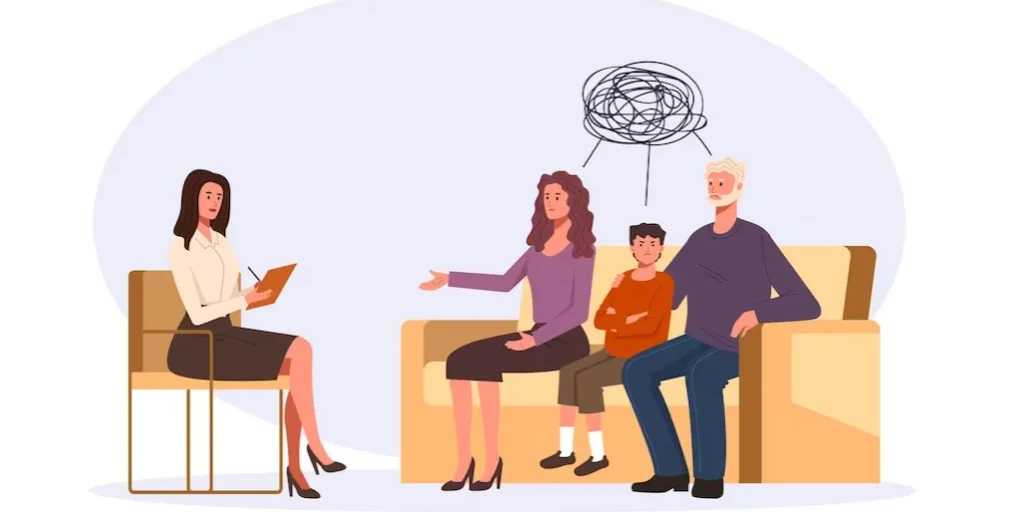24/7 Helpline:
(866) 899-221924/7 Helpline:
(866) 899-2219
Learn more about Eating Disorder Treatment centers in Northport
Eating Disorder Treatment in Other Cities

Other Insurance Options

WellCare Health Plans

Humana

Absolute Total Care

MVP Healthcare

Amerigroup

Sliding scale payment assistance

Multiplan

Magellan

Lucent

Horizon Healthcare Service

Covered California

Group Health Incorporated

Providence

UnitedHealth Group

Access to Recovery (ATR) Voucher

Anthem

MHNNet Behavioral Health

Molina Healthcare

Sutter

United Health Care

NorthEast Washington Alliance Counseling Services
NorthEast Washington Alliance Counseling Services - Hawthorne Avenue is a diagnostic and treatment c...




























































































































































































































Crisis Intervention Counseling
Crisis Intervention Counseling is a private rehab located in Colville, Washington. Crisis Interventi...

AA – Alcoholics Anonymous
AA – Alcoholics Anonymous is a non-profit rehab located in Colville, Washington. AA – Alcoholics Ano...

Spokane Tribe Behavior Health Agency
Spokane Tribe Behavior Health Agency is a public rehab located in Wellpinit, Washington. Spokane Tri...

Northeast Washington Counseling Service
Northeast Washington Counseling Service is a public rehab located in Chewelah, Washington. Northeast...
































































